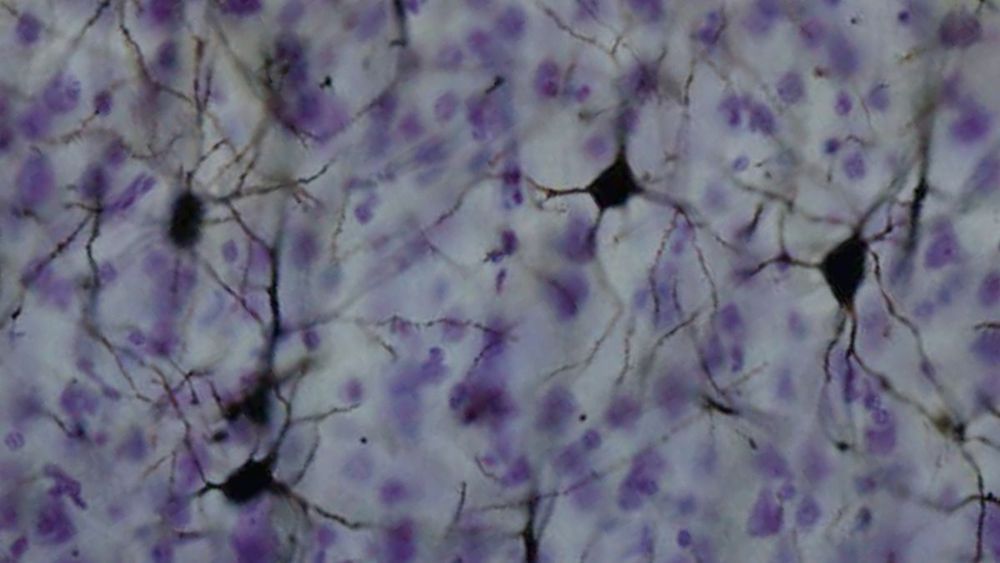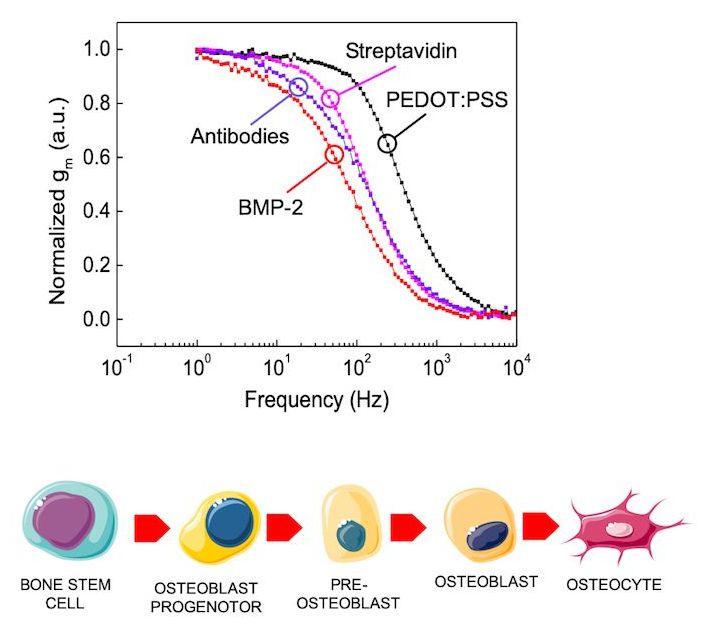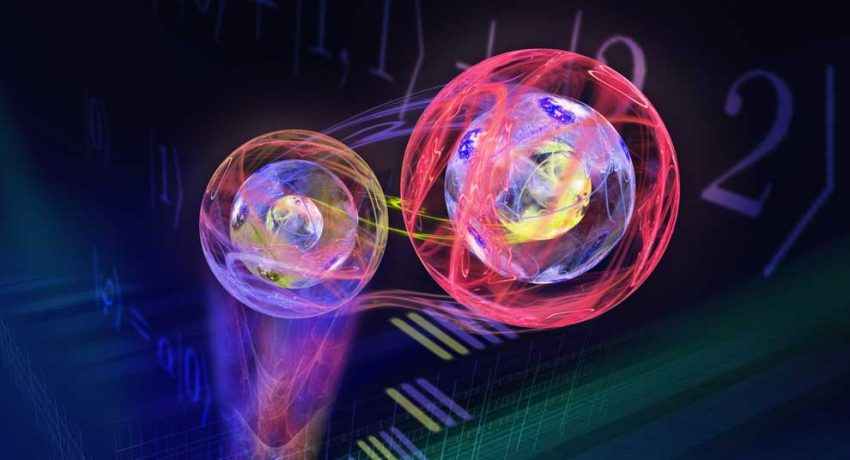Integrated optics provides a versatile platform for quantum information processing and transceiving with photons1,2,3,4,5,6,7,8. The implementation of quantum protocols requires the capability to generate multiple high-quality single photons and process photons with multiple high-fidelity operators9,10,11. However, previous experimental demonstrations were faced by major challenges in realizing sufficiently high-quality multi-photon sources and multi-qubit operators in a single integrated system4,5,6,7,8, and fully chip-based implementations of multi-qubit quantum tasks remain a significant challenge1,2,3. Here, we report the demonstration of chip-to-chip quantum teleportation and genuine multipartite entanglement, the core functionalities in quantum technologies, on silicon-photonic circuitry. Four single photons with high purity and indistinguishablity are produced in an array of microresonator sources, without requiring any spectral filtering. Up to four qubits are processed in a reprogrammable linear-optic quantum circuit that facilitates Bell projection and fusion operation. The generation, processing, transceiving and measurement of multi-photon multi-qubit states are all achieved in micrometre-scale silicon chips, fabricated by the complementary metal–oxide–semiconductor process. Our work lays the groundwork for large-scale integrated photonic quantum technologies for communications and computations.







